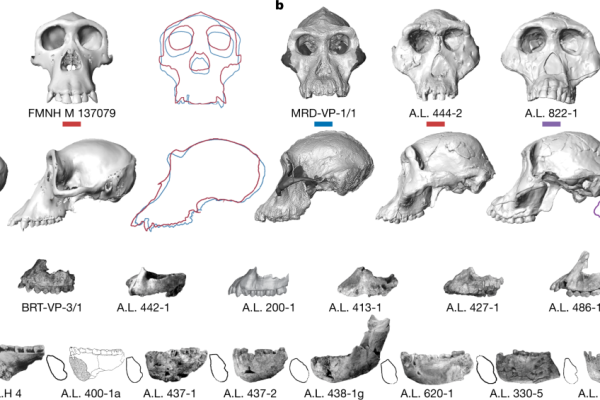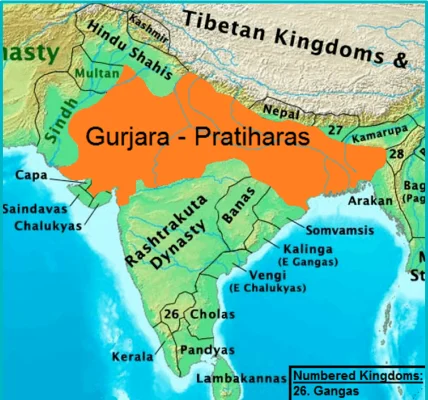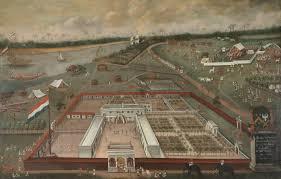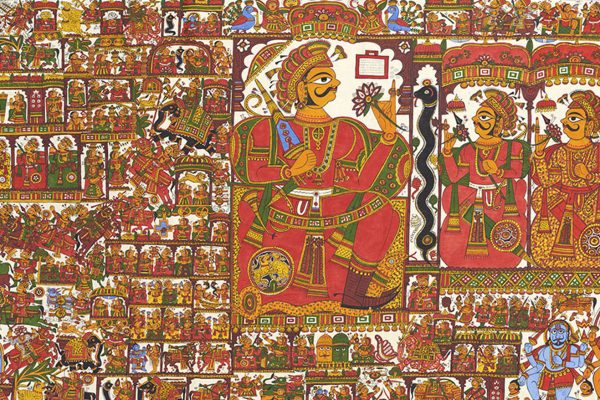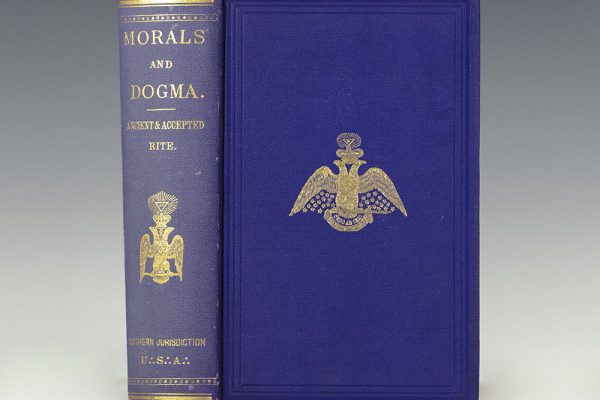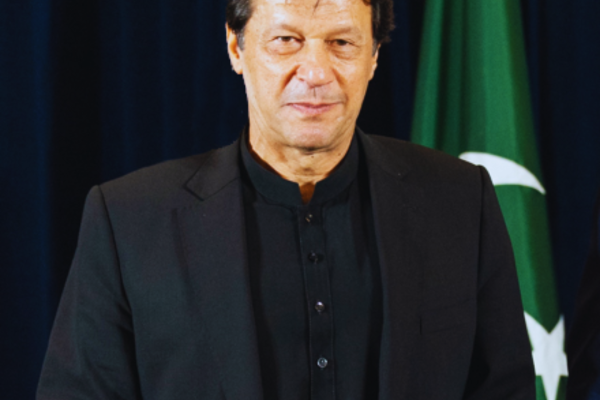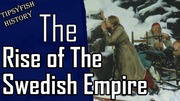
Odyssee – Tipsyfish History: The Rise of the Swedish Empire and Its Historical Impact
The Swedish Empire, spanning the early 17th to early 18th centuries, rose from the consolidation of Norse tribes under Gustav Vasa in the 16th century to become a dominant force in Europe. Key to its ascent was Gustavus Adolphus’s transformative leadership during the Thirty Years’ War, pioneering military tactics that reshaped European warfare. Sweden’s expansionist ambitions led to acquisitions in Livonia, Estonia, and Finland, solidifying its Baltic dominance under subsequent rulers like Queen Christina and King Charles X Gustav. This period marked Sweden’s peak as a Baltic powerhouse, influencing European politics, culture, and military strategy profoundly.








